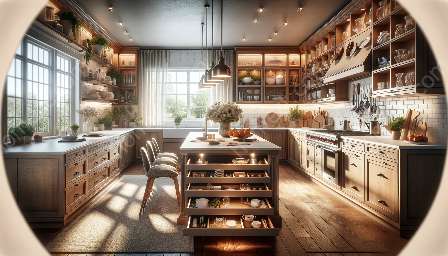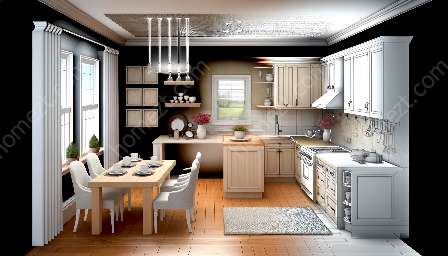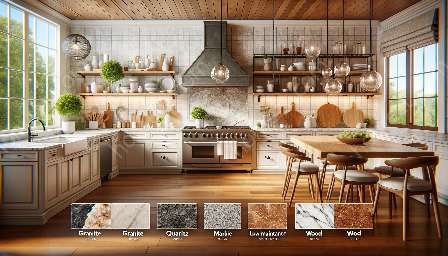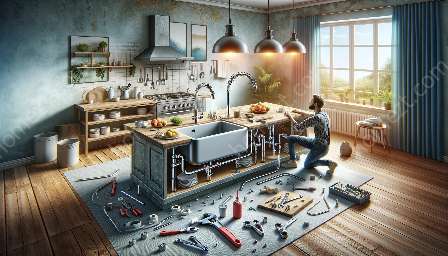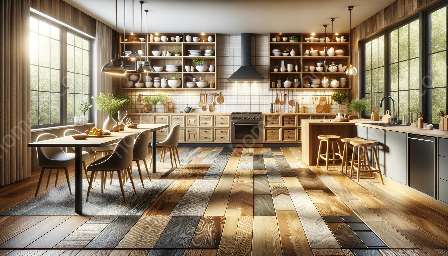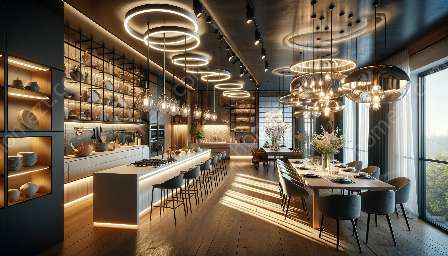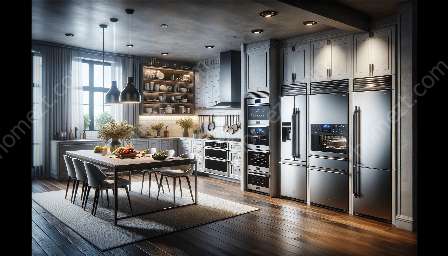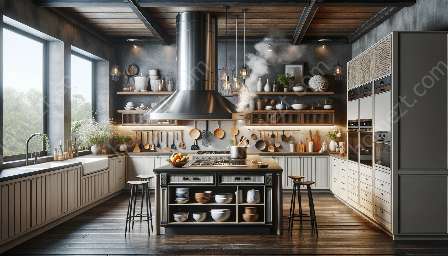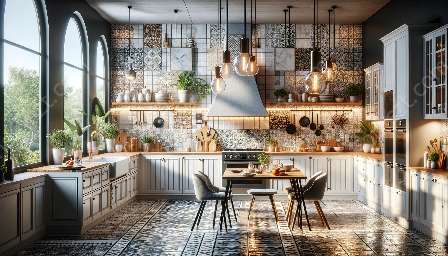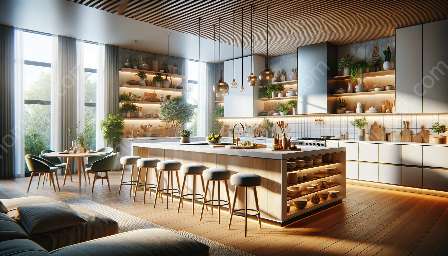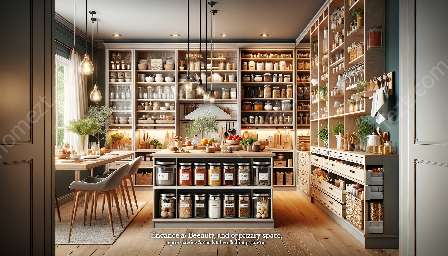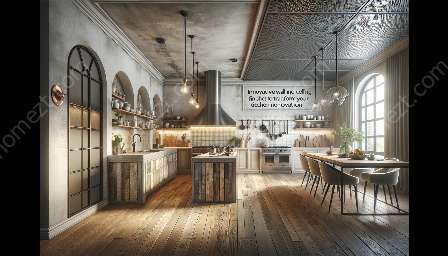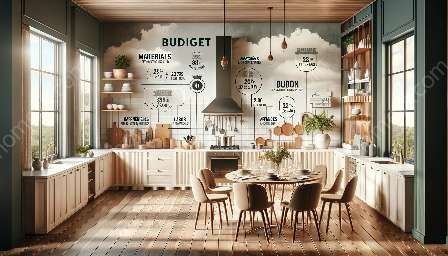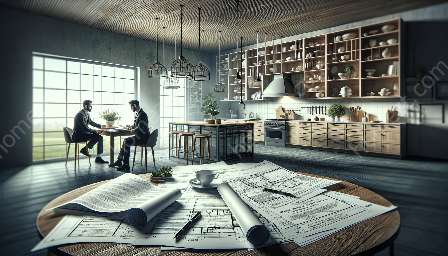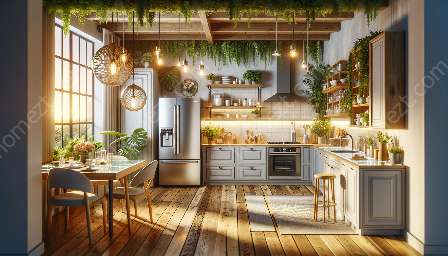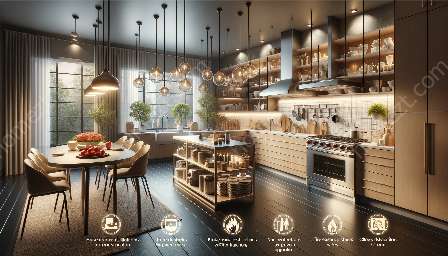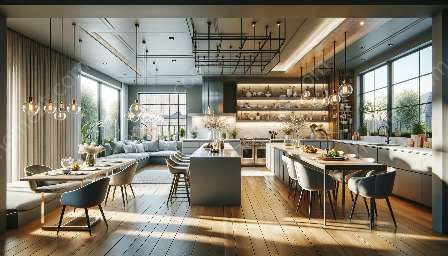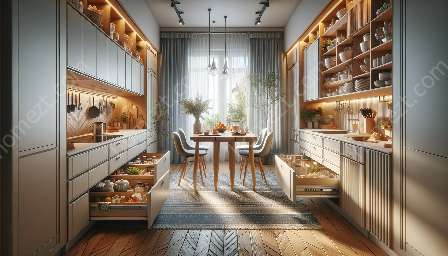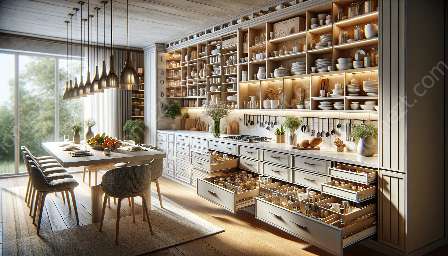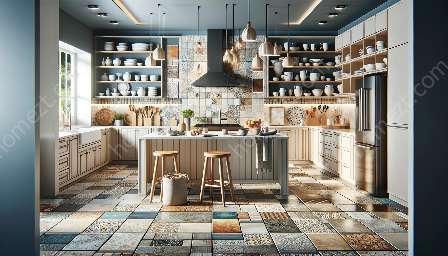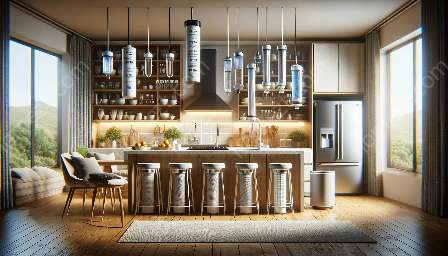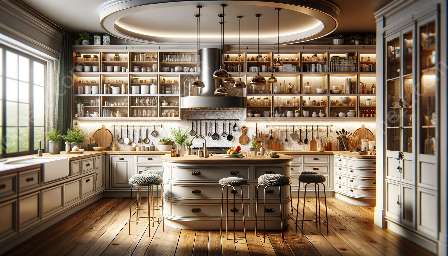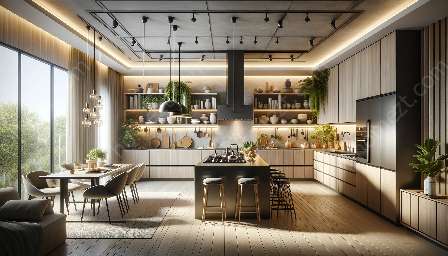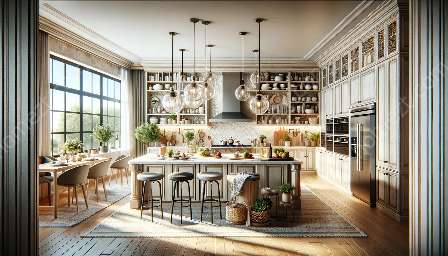Renovating a kitchen or dining area is an exciting project that can add value and functionality to your home. However, this undertaking requires careful budgeting to ensure that the project stays on track and meets your expectations. In this comprehensive guide, we will discuss everything you need to know about renovation budgeting, particularly in the context of kitchen and dining space.
Understanding the Importance of Budgeting
Before diving into the specifics of budgeting for a kitchen renovation, it's essential to understand why budgeting is crucial. Proper budgeting helps you plan and allocate your resources efficiently, ensuring that you have the necessary funds to complete the project while minimizing financial stress.
Setting Realistic Goals
When it comes to kitchen renovation, many homeowners have grand visions of their dream kitchen. However, it's crucial to set realistic goals based on your budget. Consider factors such as the size of the space, desired features, and the overall aesthetic you want to achieve. This will help you prioritize your renovation needs and allocate funds accordingly.
Estimating Costs
One of the initial steps in renovation budgeting is to estimate the costs involved. This includes expenses for materials, labor, permits, and potential unforeseen expenses. Research the average costs of kitchen renovations and consult with contractors to obtain accurate estimates. Creating a detailed breakdown of costs will help you establish a realistic budget for your renovation project.
Allocating Funds Wisely
With a clear understanding of the estimated costs, it's important to allocate your funds wisely. Set aside a contingency fund for unexpected expenses, and prioritize essential renovations such as plumbing, electrical work, and structural changes. Consider allocating a portion of your budget for high-quality materials and appliances that will enhance the functionality and visual appeal of your kitchen. Additionally, factor in the cost of professional design and installation services if needed.
Exploring Cost-Saving Opportunities
While it's exciting to envision a luxurious kitchen renovation, it's also important to explore cost-saving opportunities. Look for affordable yet high-quality alternatives for materials and fixtures. Consider refinishing or refacing cabinets instead of replacing them entirely. Furthermore, DIY projects can help reduce labor costs, but it's crucial to assess your skills and capabilities before taking on major tasks.
Monitoring Your Budget
Throughout the renovation process, it's crucial to monitor your budget and track your expenses. Keep a detailed record of all costs incurred, including materials, labor, and additional expenses. This will help you identify any budget overages and make necessary adjustments to avoid exceeding your allocated funds.
Adapting to Changes
Even with careful planning, unforeseen changes or challenges may arise during a renovation. It's important to be flexible and prepared to adapt to such situations without compromising your budget. Prioritize the most critical aspects of the renovation and be open to adjusting your plans to stay within budget.
Maximizing Your Investment
Finally, as you complete your kitchen renovation, focus on maximizing your investment. Choose durable and timeless design elements that will stand the test of time, ensuring that your newly renovated kitchen retains its appeal and functionality for years to come.
Creating a Coherent Kitchen and Dining Space
When considering renovation budgeting in the context of kitchen and dining areas, it's essential to create a coherent and harmonious space. Ensure that the design and budgeting considerations align seamlessly to achieve a cohesive and functional result.
Coordinating Design Elements
Coordinate the design elements of your kitchen and dining areas to create a sense of unity. Consider elements such as color schemes, materials, and lighting to establish a consistent aesthetic throughout both spaces. This approach will not only create visual continuity but also streamline the renovation process and budgeting considerations.
Optimizing Functionality
Focus on optimizing the functionality of both the kitchen and dining areas within your allocated budget. This may involve updating appliances, reconfiguring the layout, or enhancing storage solutions. By prioritizing functionality, you can ensure that your renovation budget is utilized effectively to improve the usability and practicality of these spaces.
Investing in Quality
Allocate your budget to invest in high-quality materials and fixtures that will elevate the overall aesthetic and functionality of your kitchen and dining areas. From durable countertops and flooring to well-crafted dining furniture, prioritizing quality investments will ensure long-term satisfaction and value.
Conclusion
Renovation budgeting is a critical aspect of any kitchen or dining area project. By understanding the importance of budgeting, estimating costs, allocating funds wisely, exploring cost-saving opportunities, and adapting to changes, you can effectively manage your budget while achieving your renovation goals. Furthermore, by creating a coherent and functional kitchen and dining space within your budget constraints, you can transform these areas into inviting and captivating hubs of your home.

